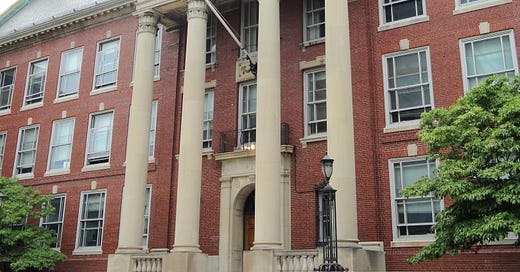Bye-bye People’s Republic of Cambridge? | Big Boston waterfront project ready to roll | Haley knee-capped by Biden write-in campaign | Racial gerrymandering at Boston’s elite exam schools | Quick hit…
Keep reading with a 7-day free trial
Subscribe to Contrarian Boston to keep reading this post and get 7 days of free access to the full post archives.



